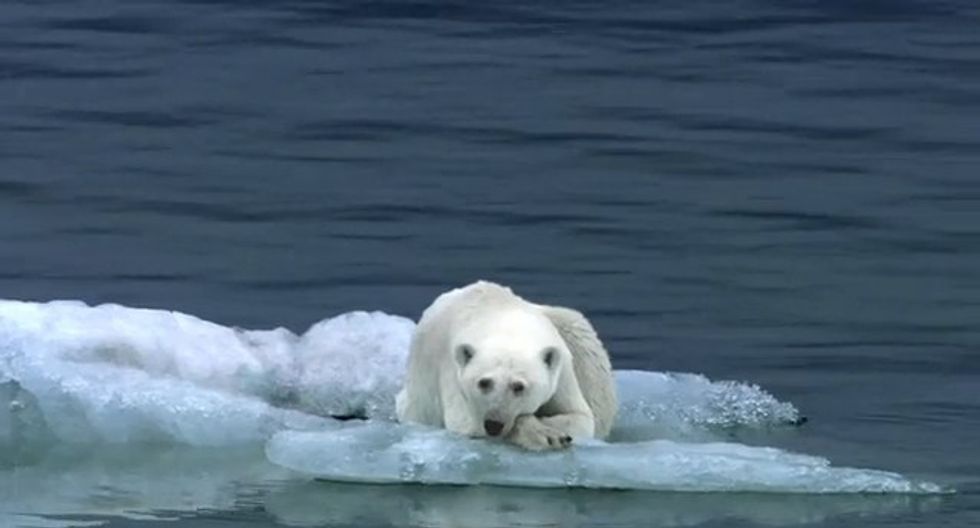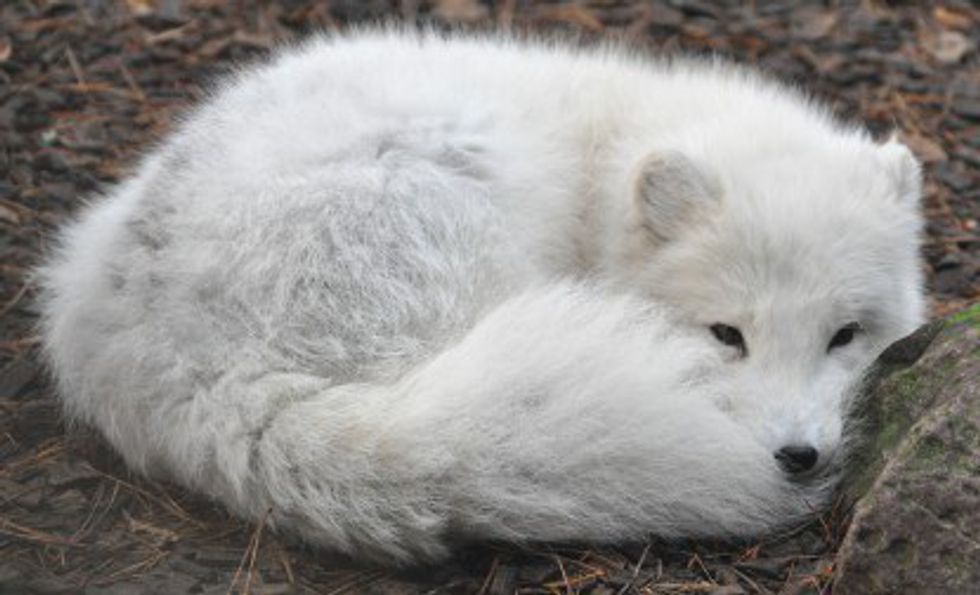The decisions made at the upcoming 21st United Nations Climate Change Conference will determine whether or not we are capable of preserving life on the planet.
World governments are working together to address the global warming crisis that threatens to impact our lives and the generations to come. Scientists warn that failure to put change into action will inevitably lead to disaster in the future. The world needs to gain an iron grip on global warming before it's too late.
How much do you know about global warming? Here are the facts:
Global warming is caused by the collecting of carbon dioxide and other greenhouse emissions in the atmosphere.
Imagine carbon dioxide and other emissions such as methane, nitrous oxide, and sulfur hexafluoride coming together to form a blanket. This blanket thickens over time, imprisoning the sun's heat and ultimately causing the earth to warm up.
It is human-induced.
The largest U.S. source of carbon dioxide pollution is caused by coal-burning power plants, with automobiles the runner up. These power plants produce 2.5 billion tons of CO2 annually. CO2 emissions from vehicles produce nearly 1.5 billion tons. Deforestation, such as the burning of trees to make room for agriculture, and the burning of wood and charcoal for fuel, contribute to global warming. Solid waste and chemical reactions also allow CO2 to enter the atmosphere.
Earth's temperature has risen.
Since 1990, the 10 hottest years on record have occurred. By the end of the century, average U.S. temperatures will have the potential to increase by 3-9 degrees.
Animals are affected.
The polar bear, emperor penguin, arctic fox, and koala bear are only a few animals facing endangerment due to climate change.
Polar bears rely on ice to hunt for seals. The U.S. Geological Survey predicts that by 2050, reduction of sea ice in the Arctic will wipe out two-thirds of Earth's polar bear population. Drowning, decrease in body weight, lower cub survival rates, and cannibalism are all problems that plague polar bears.
Emperor penguins, like polar bears, depend on ice for hunting krill. Less ice means food shortages, alongside smaller breeding areas for penguins.
Global warming has allowed red foxes to expand their range in the Arctic tundra, the habitat of the arctic fox. Competition between the two fox breeds ensues.
CO2 in the atmosphere causes decreased nutritional content in eucalyptus tree leaves, which is a primary source of food for the koala bear.
The only solution to global warming is reduction of pollution. There are ways to control CO2 levels: conservation of energy, more reliance on renewable energy sources (sun, wind, geothermal), and the manufacturing of efficient appliances. In order to live in a safer world, we must pledge to make the planet safer.












































